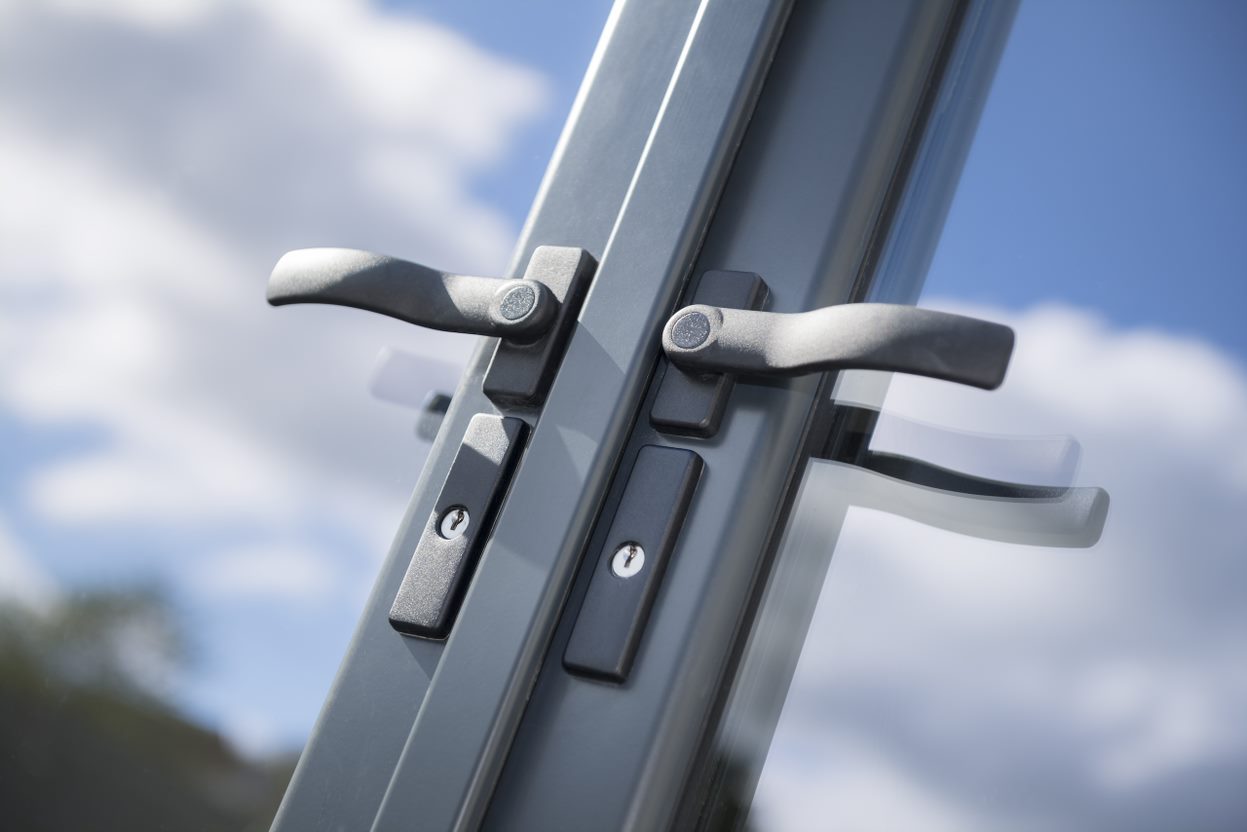칭찬 | 20 Trailblazers Are Leading The Way In Door Locks Repair
페이지 정보
작성자 Myrtle 작성일25-11-26 02:26 조회7회 댓글0건본문
Understanding Door Locks Repair: A Comprehensive Guide
Door locks are vital elements of any safe and secure environment, whether in residential, commercial, or vehicle contexts. Gradually, these mechanisms may use down, breakdown, or even break, requiring repairs. Understanding how to handle door lock repairs can conserve people time, cash, and the hassle of jeopardized security. This short article explores common door locks issues, actions for fixing door handles different types of locks, and when it might be essential to call a professional.
Common Door Lock Issues
Before diving into repair techniques, it's vital to determine common issues that may emerge with door locks:

- Sticking or Jammed Locks: A lock that is tough to turn or sticks can be an indication of internal issues or dirt accumulation.
- Secret Won't Turn: This can occur due to misalignment, a broken key, or internal obstructions within the lock.
- Loose or Wobbly Lock: Hardware or screws might end up being loose with time, impacting the lock's stability.
- Broken or Bending Keys: Keys can bend, break, or wear down, making locking systems inefficient.
- Lock not Latching: If a lock doesn't engage when the door is closed, this suggests alignment issues or part failure.
- Electronic Lock Failure: For keyless entry systems, electronic failures can render the lock worthless.
Acknowledging these indications can help in determining the suitable repair actions.
Important Tools for Lock Repair
Before starting the repair, property owners and tenants must gather essential tools, including:
- Screwdrivers (Phillips and flathead)
- Pliers
- A hammer
- Lube (graphite or silicone-based)
- Replacement screws or secrets
- A new lockset (if necessary)
- Cleaning cloth or brush
Having these tools prepared permits a smoother repair procedure.
Repairing Sticking and Jammed Locks
Step-by-Step Approach
- Examine the Lock: Start by visually examining the lock for any noticeable damage or misalignment.
- Tidy the Lock: Remove any dirt or debris utilizing a cleaning cloth or a soft-bristled brush. Build-up can hamper the lock's performance.
- Lubricate: Apply a percentage of lubricant into the keyhole and on the moving parts. Prevent utilizing excessive item, as it can bring in dust.
- Test the Key: Insert the key and turn it carefully. If it still sticks, additional evaluation might be needed.
When to Replace
If cleansing and lubricating do not solve the problem, the lock may be worn out and need replacement.
Addressing Issues with Keys
Fixing Broken Keys
If a secret is broken within the lock, take the following steps:
- Extract the Key: Use pliers to carefully take out the broken piece. If it's deep inside, a lock extraction set might be needed.: Often, dead batteries can cause the electronic lock to stop working.
- Check Wiring: Look for visible indications of damage in the wiring if the batteries are practical.
- Reset the Lock: Many electronic locks have a reset feature; seek advice from the user handbook for instructions.
- Replacement: If all else stops working, think about replacing the lock.
When to Call a Professional
While lots of door lock repairs can be finished individually, there are times when professional assistance is essential:
- If the lock is seriously harmed or has numerous issues.
- If a key is lost and replacement is needed right away.
- If the lock is part of an elaborate security system.
- If DIY attempts do not fix the problem and dangers further damage.
FAQs about Door Locks Repair
How frequently should I lube my door locks?
Locks must be lubed at least as soon as a year or whenever you notice sticking or difficulty in turning the key.
Can I change a lock myself?
Yes, lots of locks can be replaced with fundamental tools and instructions, making it a practical DIY project for a lot of house owners.
What kind of lubricant is best for locks?
Graphite or silicone-based lubricants are usually recommended as they do not bring in dust like oil-based products.
How do I understand if my lock needs replacement rather of repair?
If the essential regularly jams, the lock is discolored, or the internal mechanism sounds broken, it may be time for a replacement.

Is it worth investing in a higher-security lock?
Yes, particularly for homes in high-crime areas or for important properties. Higher-security locks can hinder break-ins and offer comfort.
In conclusion, comprehending how to handle home improvement door handle repair locks repair is important for preserving security and functionality. With the right tools, knowledge, and a little patience, many common issues can be taken on effectively. Nevertheless, understanding when to call a professional is equally important, ensuring that safety and security remain uncompromised.
댓글목록
등록된 댓글이 없습니다.

